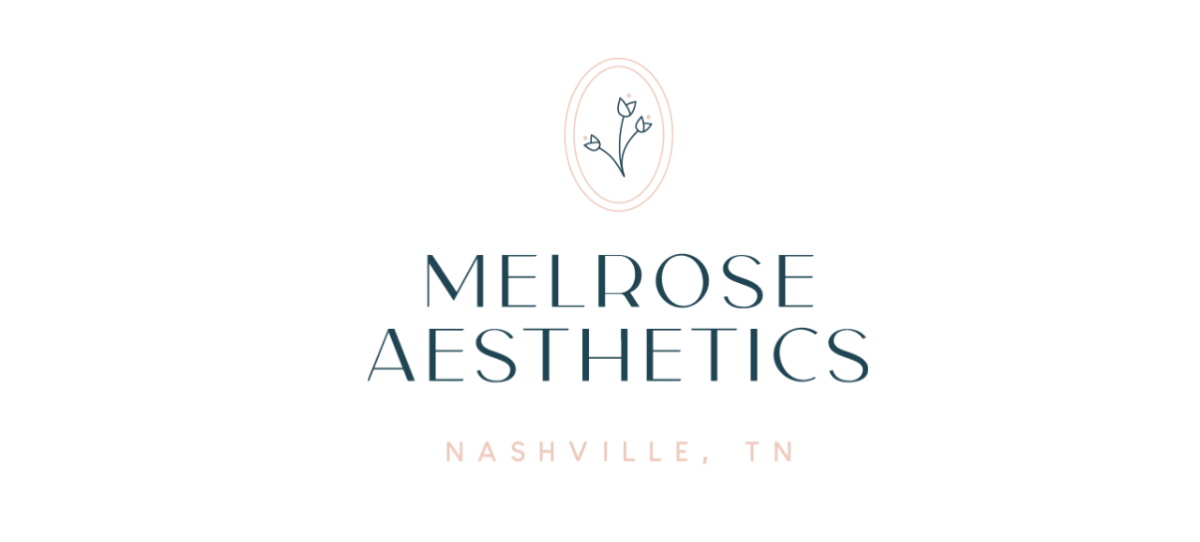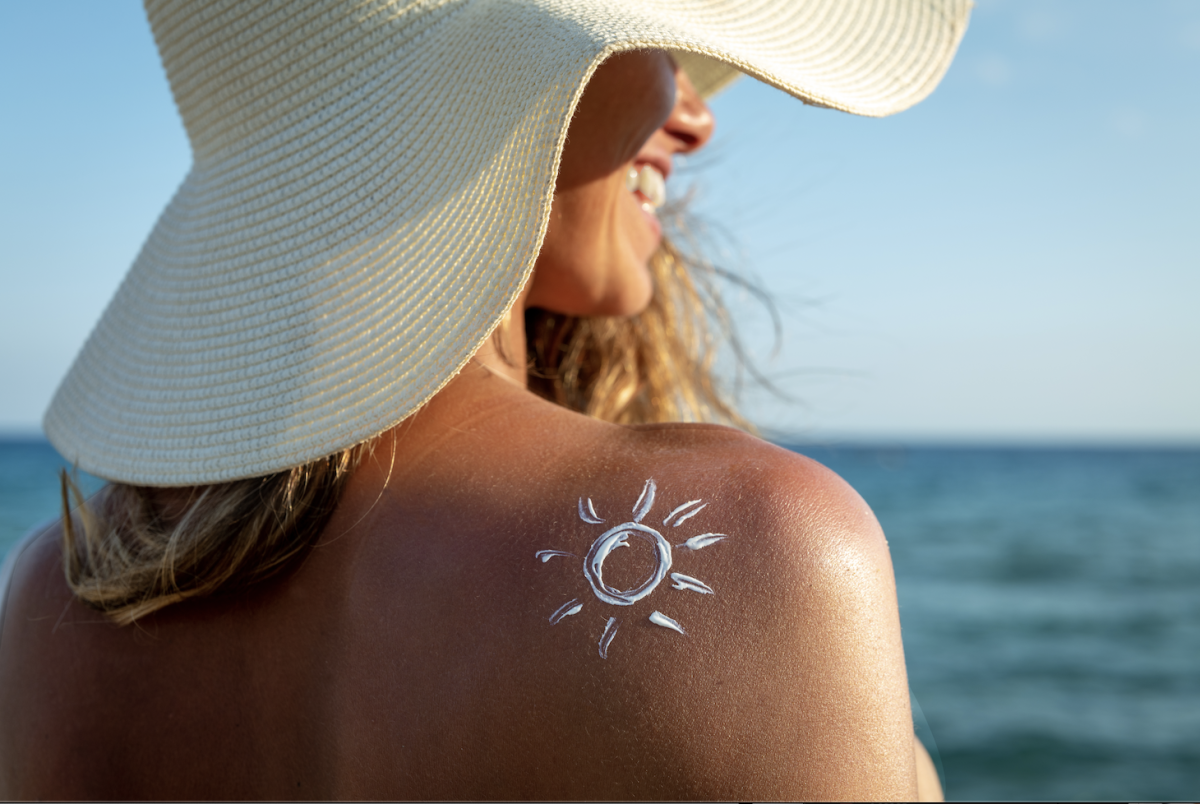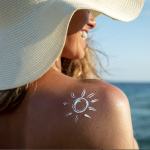Nashville-based Melrose Aesthetics urges patients to rethink tanning habits this summer
Melrose Aesthetics in Nashville is warning patients about the long-term risks of summer tanning. UV levels spike during the warmer months across Tennessee, and many patients underestimate how quickly sun damage begins.
Contrary to popular belief, a “base tan” does not protect the skin. Tanning—whether from the sun or a tanning bed—means your skin cells have already absorbed harmful UV radiation. That exposure breaks down collagen, weakens skin texture, and accelerates visible aging. No tan is safe or protective.
Melrose providers are reminding the community that UV exposure is the leading preventable cause of premature skin aging. Chronic tanning increases your risk of pigmentation, texture loss, and even complications during aesthetic procedures.
Patients preparing for treatments like microneedling, laser, or chemical peels are especially advised to protect their skin from UV damage before and after each session.
Trust Melrose Aesthetics for the best beauty and skin health services in Nashville!

Chemical peels and laser treatments are less effective when sun exposure is high
Sun exposure interferes with the results of skin treatments. Chemical peels and laser sessions are designed to stimulate cell turnover, not repair sunburn. When the skin is already irritated or inflamed from sun exposure, it doesn’t respond well to active treatments.
Laser energy interacts differently with sun-damaged skin. Treated areas are more likely to develop post-inflammatory pigmentation, especially if the skin was already compromised by UV rays. The risk of uneven results increases. Redness may linger longer. Healing slows down.
Chemical peels face the same issue. Even a light peel requires a healthy skin barrier to exfoliate safely. When the outer skin layer is already stressed from sunlight, peels can cause blotchiness, irritation, or unwanted texture changes.
Melrose Aesthetics advises patients to schedule treatments away from vacations, pool days, or any outdoor exposure. Give your skin two weeks of SPF, shade, and barrier recovery before and after any resurfacing session. The right timing protects your results—and your skin.
Melrose Aesthetics emphasizes daily SPF use for all skin tones and types
Melrose Aesthetics recommends daily use of broad-spectrum SPF 30 or higher for every patient, regardless of skin tone. UV damage happens even on cloudy days, and even short bursts of exposure can add up fast.
Melanin-rich skin isn’t immune. In fact, darker skin tones are more likely to develop post-inflammatory hyperpigmentation after sun exposure, especially if the skin is healing from treatments like microneedling or peels. Skipping SPF delays results and invites long-term discoloration.
For best protection, combine SPF with summer-safe skincare. Use lightweight hydrators with ingredients like hyaluronic acid or glycerin. Antioxidants like vitamin C can help support your skin barrier and boost your glow without triggering irritation. Avoid heavy actives or exfoliants if your skin feels sun-stressed.
A consistent SPF habit protects your investment in treatments and keeps your skin healthy year-round.
Patients can book pre-summer skin consultations to prep and protect properly
Melrose Aesthetics is now offering pre-summer skin consultations to help patients prepare for the season. These sessions are designed to assess skin needs, review current product use, and plan treatments that fit your schedule and sun exposure.
Everyone’s summer looks a little different. Some spend hours outdoors. Others have vacations planned. During your consult, a provider will build a plan around your lifestyle so treatments don’t clash with your calendar—or the heat.
Whether you’re looking for a refresh before summer starts, or want help picking products that won’t overload your skin, the team at Melrose Aesthetics can walk you through it. You’ll leave with clear steps and smart timing.





